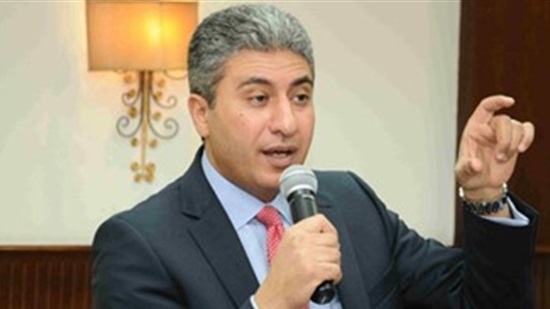Biometric airport equipment recommended by Russian inspectors to improve Egyptian airport security is due to arrive in Egypt this November, Egypt’s Civil Aviation Minister Sherif Fathy said on Monday.
"It should arrive in Egypt mid-November. We will need some time to install it, then we will contact our Russian colleagues and discuss our next steps," Fathy told Russian journalists on the one year anniversary of the Russian A321 plane crash over Egypt’s Sinai Peninsula.
Acting on Russia's recommendations following the latest safety inspections in September, Fathy said Cairo ordered the biometric access systems to track the arrival and departure of airport staff and expected them to be installed within four months.
According to Sputnik News, the minister added that Egypt is working with experts to install the systems in "at least two airports," without specifying their names.
The minister's statement comes a few days after Russia’s Transport Minister Maxim Sokolov said that a decision over when to resume Russia-Egypt flights may be made before the end of 2016.
Sokolov told journalists that if Egypt invites another Russian security inspection by December and the experts have time to prepare a report, the Russian administration will be informed and decide on the resumption of flights.
The crash, which killed all 224 people on board, led Russia and several European countries, including the UK, to suspend flights to the popular Sinai resort town of Sharm El-Sheikh, all citing security concerns.
In the wake of the crash Cairo has worked to improve airport security to regain the confidence of foreign governments.
Several European airlines have been given the green light to fly to Sharm El-Sheikh, the latest being Belgian Jetairfly which resumed flights yesterday following a one-year suspension.
In September, Turkish Airlines resumed flights to the resort town following 10 months of suspension. Poland resumed flights in early August and Germany eased restrictions on flights to and from the resort in May.
Egypt's tourism industry has been hit hard in the year since the crash.
The number of tourists visiting Egypt dropped by 50 percent in the first half of 2016 compared to the same period last year, according to Egypt's Tourism Authority.
Tourism revenues during that period were down 60% compared to 2015.
Egypt has been seeking billions of dollars in loans to address a severe hard currency shortage.




